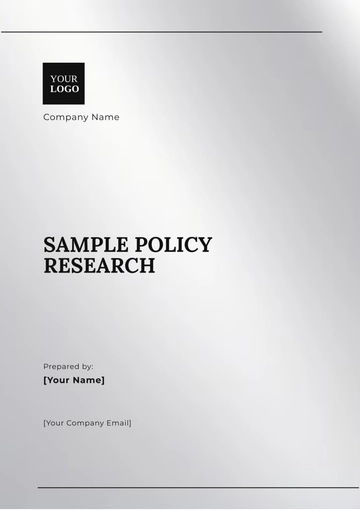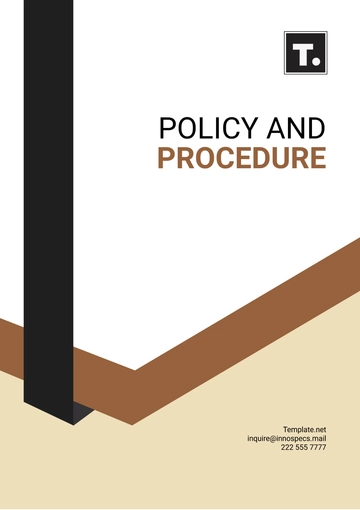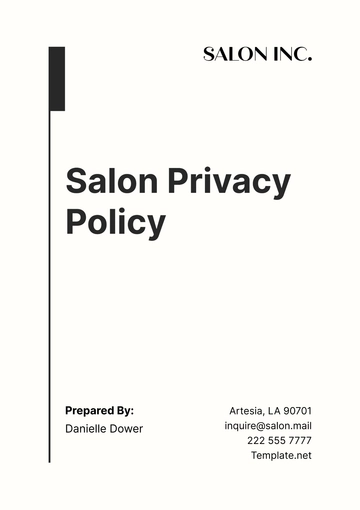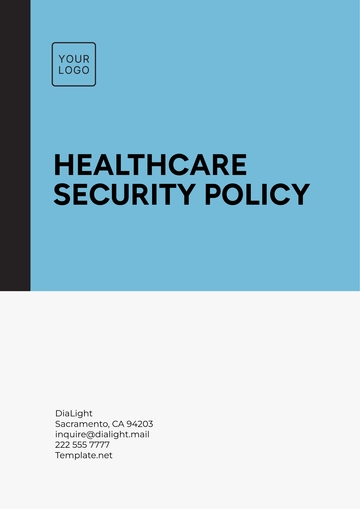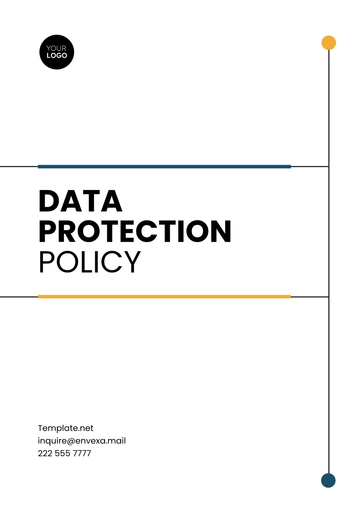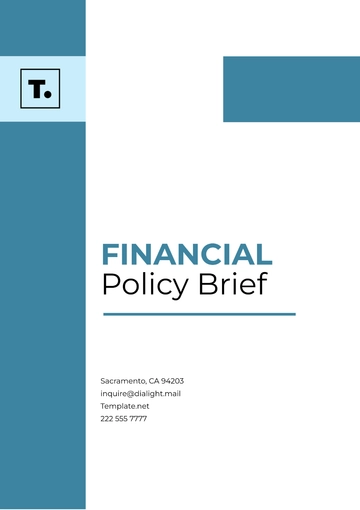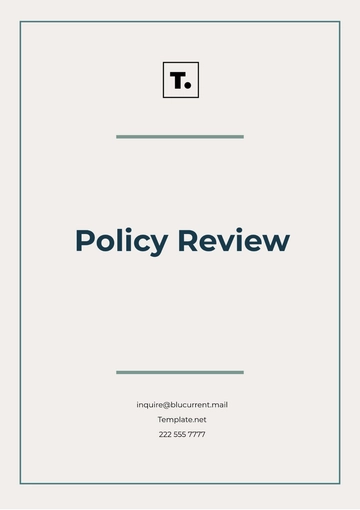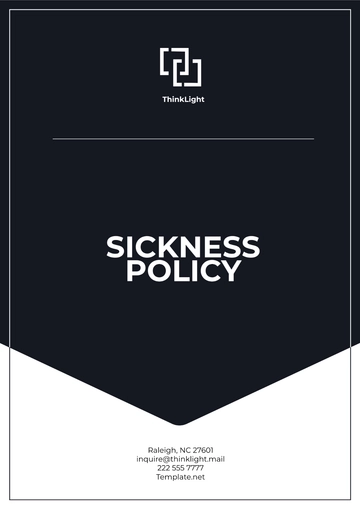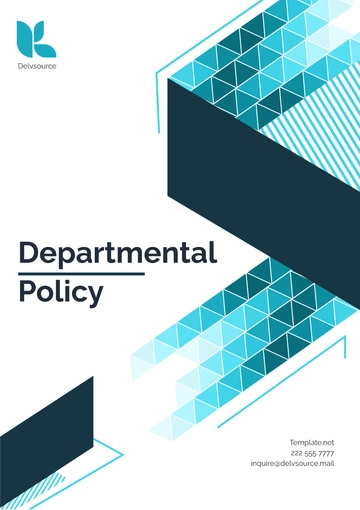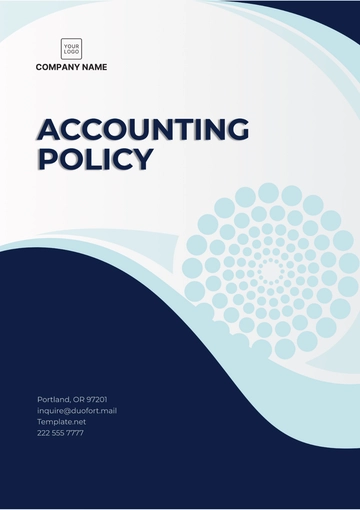Free School Data Protection Policy
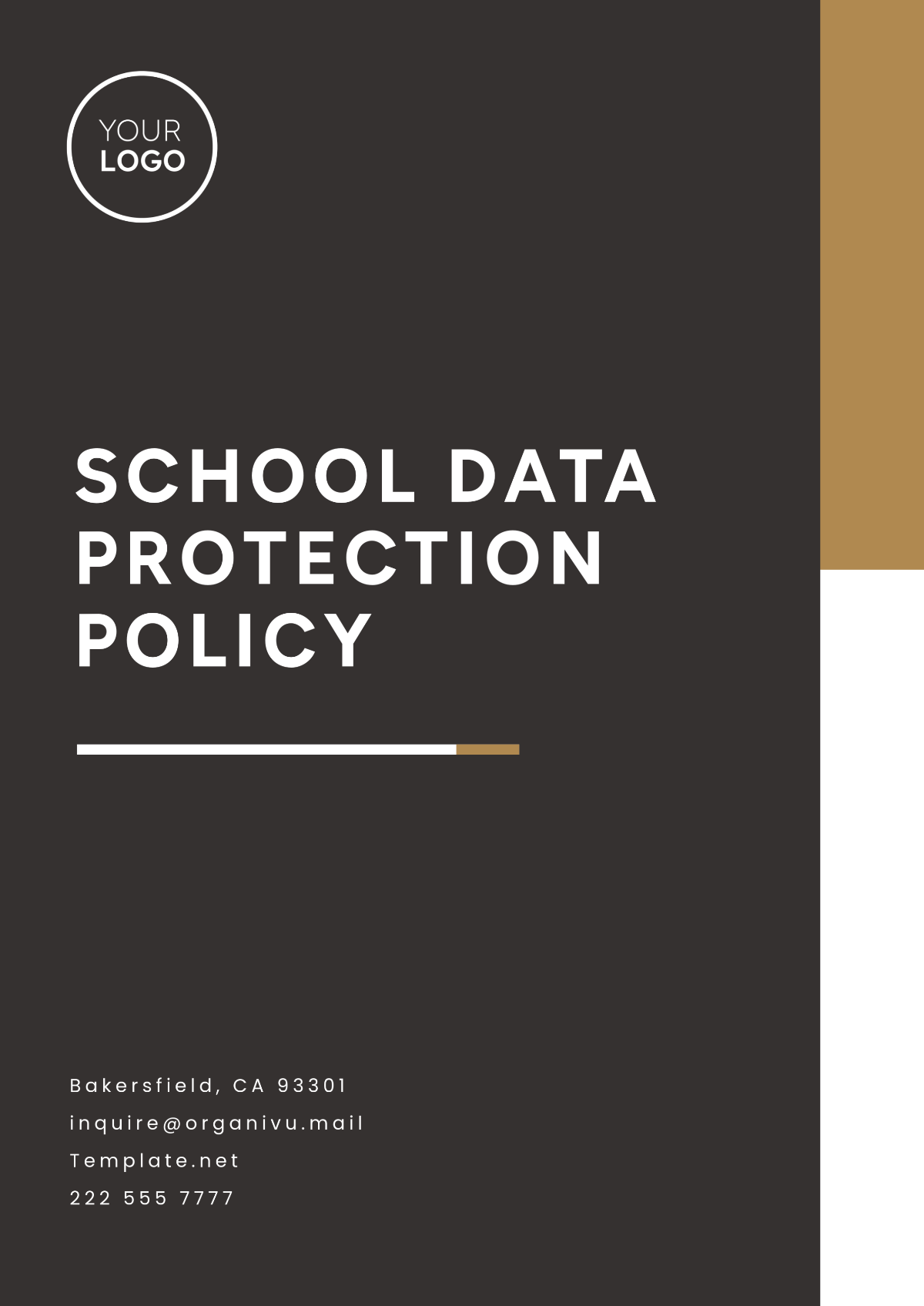
1. Introduction
At [Your Company Name], we understand the importance of protecting personal data and are fully committed to ensuring compliance with all applicable data protection laws, including the General Data Protection Regulation (GDPR) and other relevant national legislation. This Data Protection Policy outlines how we collect, use, store, and protect personal data to safeguard the rights and freedoms of individuals whose data we process. We aim to be transparent and clear about how we handle personal data within our school community.
2. Purpose of the Policy
The purpose of this policy is to:
Ensure that [Your Company Name] adheres to data protection laws.
Define the responsibilities of staff members for data protection.
Establish procedures for responding to data protection breaches and complaints.
Safeguard the rights and freedoms of data subjects (students, parents, staff, and other stakeholders).
This policy will guide all school staff in handling personal data appropriately and ensuring its confidentiality, integrity, and availability.
3. Scope
This policy applies to all personal data processed by the school, whether in physical or electronic form and covers the following categories of data subjects:
Students: Data about students, including academic records, contact details, health information, and behavioral data.
Parents/Guardians: Contact details, emergency contacts, and any other personal information related to student support.
Staff: Personal details, employment records, payroll information, and any data related to performance and conduct.
Visitors: Information collected for security and health and safety purposes, such as names and contact details.
Contractors and Service Providers: Data relevant to contractual relationships and services provided to the school.
4. Definition of Personal Data
Personal data refers to any information that can identify an individual, either directly or indirectly. This includes, but is not limited to, names, contact details, identification numbers, academic performance, attendance records, photographs, and biometric data.
Sensitive personal data (also known as special category data) includes health information, racial or ethnic origin, political opinions, religious beliefs, trade union membership, sexual orientation, and genetic or biometric data. This data requires a higher level of protection and will only be processed under specific circumstances defined by law.
5. Data Protection Principles
We commit to processing personal data by the following key principles:
Lawfulness, Fairness, and Transparency: We will always process data lawfully, fairly, and in a transparent manner.
Purpose Limitation: Personal data will only be collected for specified, legitimate purposes, and we will not process it for purposes other than those for which it was collected.
Data Minimization: We will only collect personal data that is necessary to fulfill the intended purposes.
Accuracy: We will take reasonable steps to ensure that personal data is accurate and kept up to date.
Storage Limitation: Personal data will be retained for no longer than necessary to fulfill its intended purpose, in compliance with legal and educational requirements.
Integrity and Confidentiality: We will process personal data securely, using appropriate measures to protect it from unauthorized access, disclosure, alteration, or destruction.
6. Data Controller and Data Protection Officer
The Data Controller at [Your Company Name] is the Headteacher/Principal, who is ultimately responsible for ensuring compliance with this policy.
The Data Protection Officer (DPO), appointed to oversee all data protection activities, is responsible for monitoring compliance with this policy, providing advice on data protection matters, and handling requests from individuals exercising their data protection rights. You can contact the DPO at [email address] or [phone number].
7. Lawful Basis for Processing
We will process personal data only where there is a lawful basis for doing so. The lawful bases under the GDPR include:
Consent: When individuals have given clear and informed consent for their data to be processed for a specific purpose.
Contractual Necessity: To fulfill contractual obligations, such as providing education services to students.
Legal Obligation: Where processing is necessary to comply with a legal obligation, such as reporting safeguarding concerns or submitting data to regulatory authorities.
Vital Interests: Where processing is necessary to protect someone’s life (e.g., in an emergency).
Public Task: Where processing is necessary to carry out official functions or tasks in the public interest, such as educational services.
Legitimate Interests: Where processing is necessary for the legitimate interests of the school or a third party, provided these interests do not override the rights and freedoms of the individual.
8. How We Collect Data
Personal data is collected through a variety of means, including:
Directly from individuals: Data is collected through forms, surveys, applications, interviews, and communications with students, parents, and staff.
Automated collection: Information is gathered through school systems, such as student management systems, attendance registers, and monitoring software.
Third-party sources: We may obtain data from government authorities, health services, examination bodies, or other third parties with a legitimate interest in the data, such as educational support services.
9. How We Use Data
The school uses personal data for a variety of legitimate educational and administrative purposes, including but not limited to:
Educational administration: Managing student enrollment, class assignments, academic performance, and attendance.
Communication: Send notifications and updates to parents, guardians, and staff about school events, schedules, and activities.
Safeguarding: Ensuring the safety and well-being of students by monitoring attendance, health information, and behavior.
Compliance: Meeting legal and regulatory requirements, including reporting obligations to government authorities or accreditation bodies.
Staff Management: Managing employment records, payroll, performance evaluations, and professional development.
10. Data Security and Retention
We take the security of personal data seriously. We implement a range of physical, technical, and organizational measures to protect data from unauthorized access, alteration, or loss. These measures include:
Encryption of sensitive data.
Secure access controls and authentication methods.
Regular audits and monitoring of data systems.
Staff training on data protection best practices.
We will retain personal data only for as long as necessary to fulfill its purpose, by legal and educational requirements. Once the data is no longer needed, it will be securely disposed of, either by deletion or physical destruction.
11. Sharing Data
Personal data may be shared with third parties in specific situations:
Service providers: We may share data with contractors or third-party service providers who assist with school operations, such as IT support, educational software, and catering services. These providers are required to comply with our data protection standards.
Regulatory bodies: We may need to share data with government agencies or regulatory bodies (e.g., for statutory reporting or safeguarding concerns).
Legal authorities: Data may be disclosed when required by law or to protect the vital interests of an individual.
Before sharing data with any third party, we will ensure that they meet our data protection standards and that any processing agreements are in place.
12. Individual Rights
Data subjects have several rights regarding their data under data protection laws:
Right to Access: Individuals have the right to request access to the personal data we hold about them.
Right to Rectification: Individuals can request that we correct any inaccuracies or incomplete information.
Right to Erasure: Individuals may request the deletion of their data, provided certain conditions are met.
Right to Restriction of Processing: Individuals can ask us to restrict the processing of their data in specific circumstances.
Right to Data Portability: Individuals can request their data in a structured, commonly used, and machine-readable format, and transmit it to another organization.
Right to Object: Individuals can object to the processing of their data based on legitimate interests or for direct marketing purposes.
Individuals wishing to exercise any of these rights should contact the Data Protection Officer.
13. Data Breach Reporting
In the event of a data breach, where personal data is accidentally or unlawfully disclosed, lost, or accessed by unauthorized individuals, the school will:
Notify the relevant supervisory authority within 72 hours of becoming aware of the breach, if required.
Inform affected individuals where there is a high risk to their rights and freedoms.
14. Training and Awareness
All staff members who handle personal data will undergo training to understand their responsibilities under this policy and to ensure data protection best practices are followed. Training will be provided upon hiring and periodically thereafter to ensure ongoing compliance.
15. Review and Updates
This Data Protection Policy will be reviewed annually or sooner if required by changes in laws or school practices. Any changes will be communicated to relevant stakeholders, and updated versions of the policy will be made available to all staff, students, and parents.
- 100% Customizable, free editor
- Access 1 Million+ Templates, photo’s & graphics
- Download or share as a template
- Click and replace photos, graphics, text, backgrounds
- Resize, crop, AI write & more
- Access advanced editor
Protect sensitive information with Template.net’s School Data Protection Policy Template. Customizable and editable, this template helps you outline clear guidelines for handling and safeguarding data. Editable in our AI Editor Tool, it’s simple to adjust to your school’s requirements. Ensure compliance with data privacy regulations and maintain trust in your school’s practices with this professional template. Download now to establish robust data protection policies.
You may also like
- HR Policy
- Restaurant Policy
- Company Policy
- Accounting Policies and Procedures
- Website Policy
- Privacy Policy
- Safety Policy
- School Policy
- IT and Software Policy
- Law Firm Policy
- Construction Policy
- Interior Design Policy
- Travel Agency Policy
- Education Academic Policy
- Security Policy
- Real Estate Policy
- Expense Policy
- Software Policy
